Japanese art found on alien planets
It’s not where you take things from, it’s where you take them to
03 July 2021
French fantasy and science fiction comic book art collides with Japanese woodblock prints - and I only just noticed.
Back in the last century, the hyper-kinetic comic 2000 AD was going gangbusters and I drew this image of Judge Dredd for a mural on our apartment wall before Judge Dredd got famous and was turned into Sylvester Stallone which, as any fule know, was just wrong.
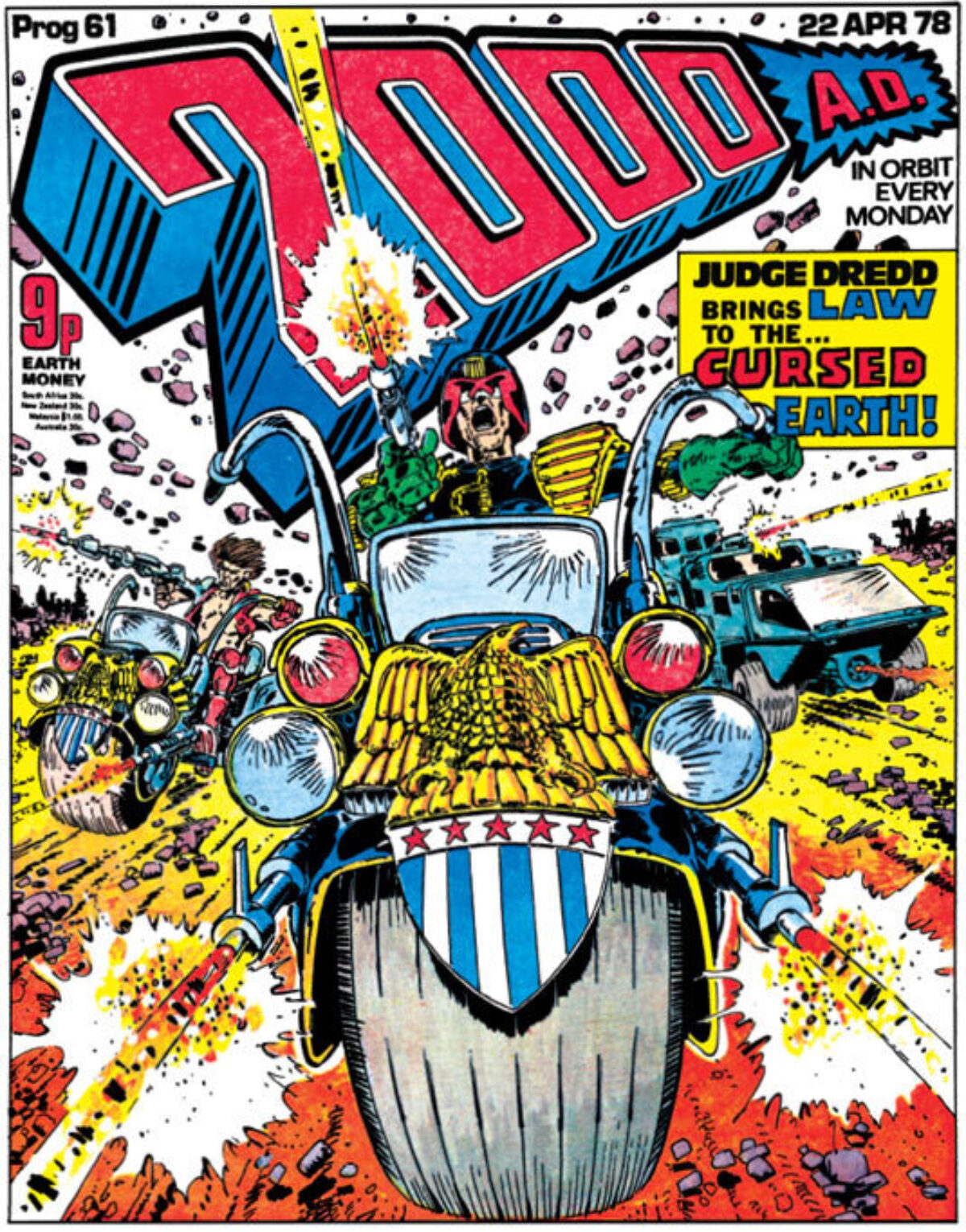
At the same time a French punker guy called Pierre introduced me to Metal Hurlant, ‘Howling Metal’, a French anthology of science fiction and horror comic stories.
That's Pierre on the right. I owe him a 'merci'.
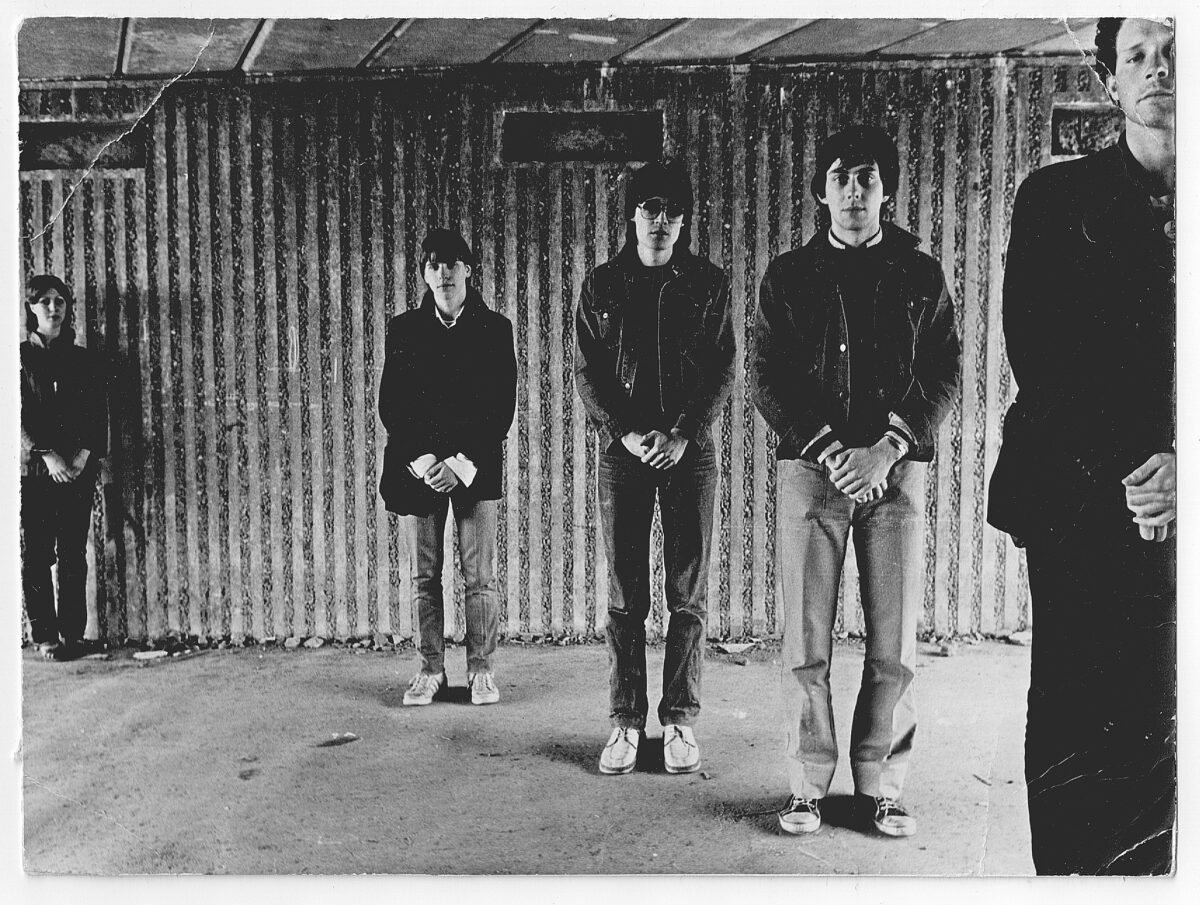
One the creators of Metal Hurlant was Jean Giraud who went by the name Moebius.
And much like a good pop song gets its hooks into you, Moebius’ artwork hooked me, I’d never seen the like.
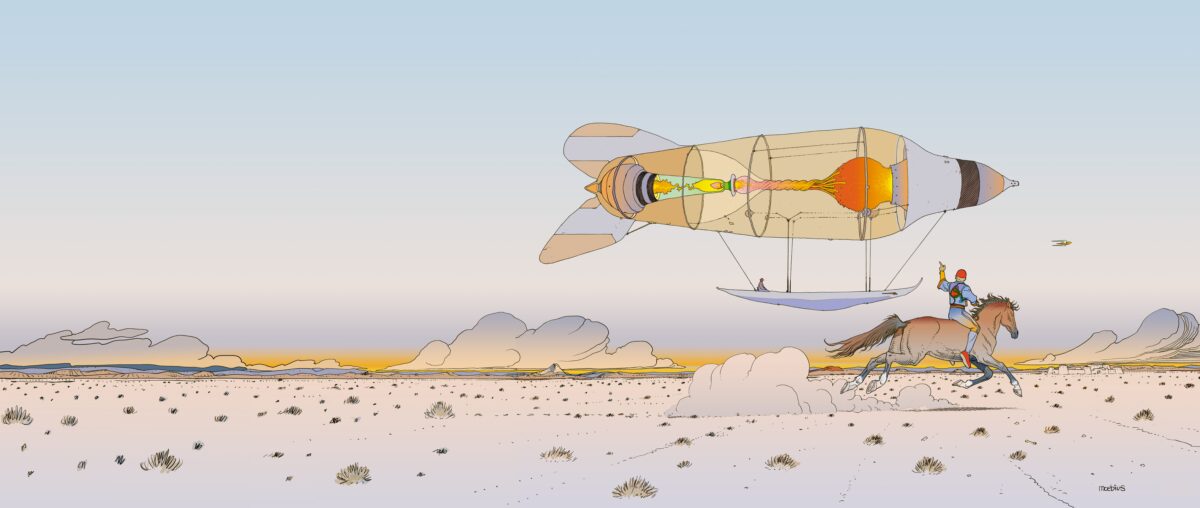
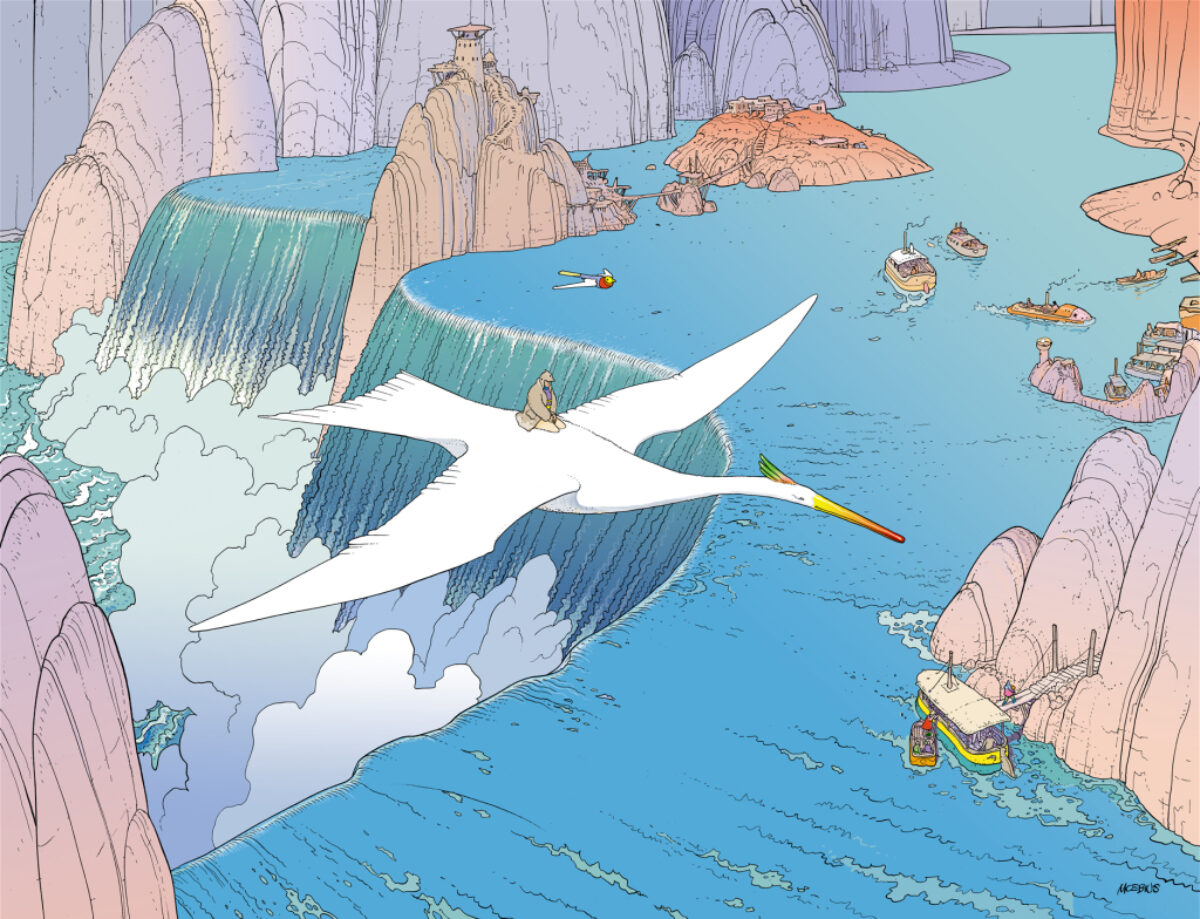
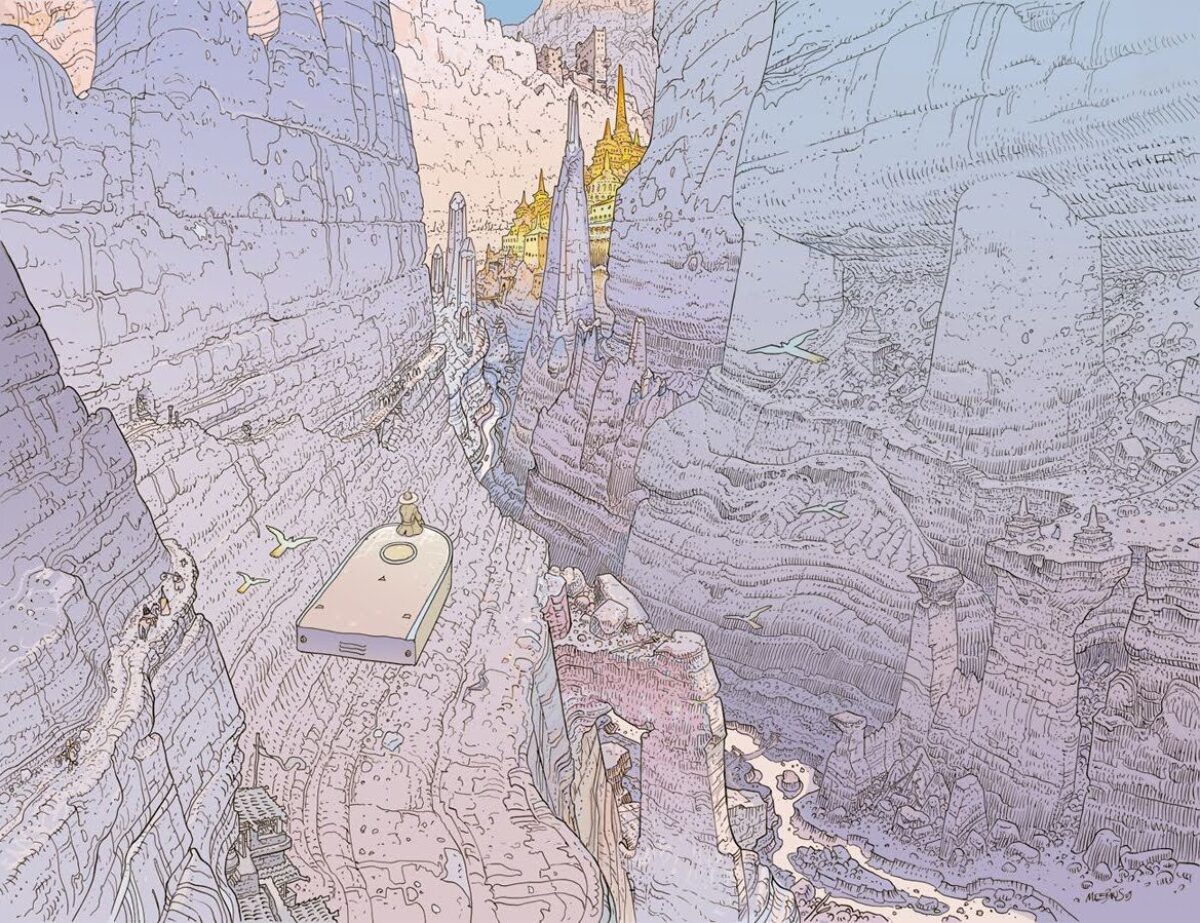
In stark contrast to 2000 AD's crash, bang, wallop, Moebius’ work had a strange and distant serenity that I found perplexing and lovely.
His world’s were populated by bizarre creatures and odd technologies but it was his landscapes that I dwelt on; the travellers of those lands, the geology, the skies, the colours, the narratives that were unfolding in the small details.
I was besotted.
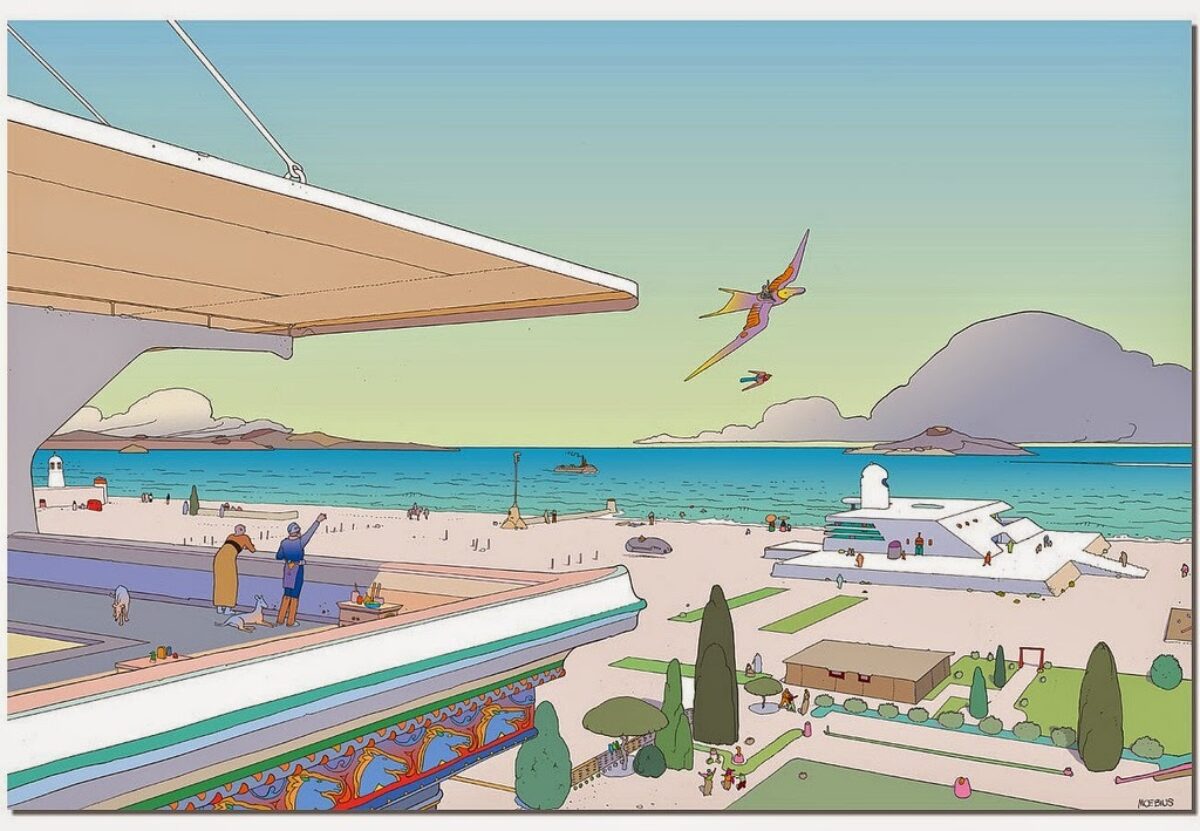
Flash forward to the internet era and I’m wasting time that would otherwise be difficult to waste looking at art websites.
There, in amongst the western art, I stumbled across Japanese woodblock prints having previously had no clue such things even existed.
I loved the landscape prints that are simultaneously dreamy (they don't strive for the realism of western landscape artists) and vivid - they're rich with detail, almost the opposite of Impressionism.
The colours are so subtle and beautifully shaded it's hard to imagine that these prints were created by woodblock printing. The line work is as deft as calligraphy and there's nothing superfluous or unneeded.
I'd come to know landscapes and seascapes through the lush work of Constable or Turner so treating landscapes like this was quite the revelation to me.

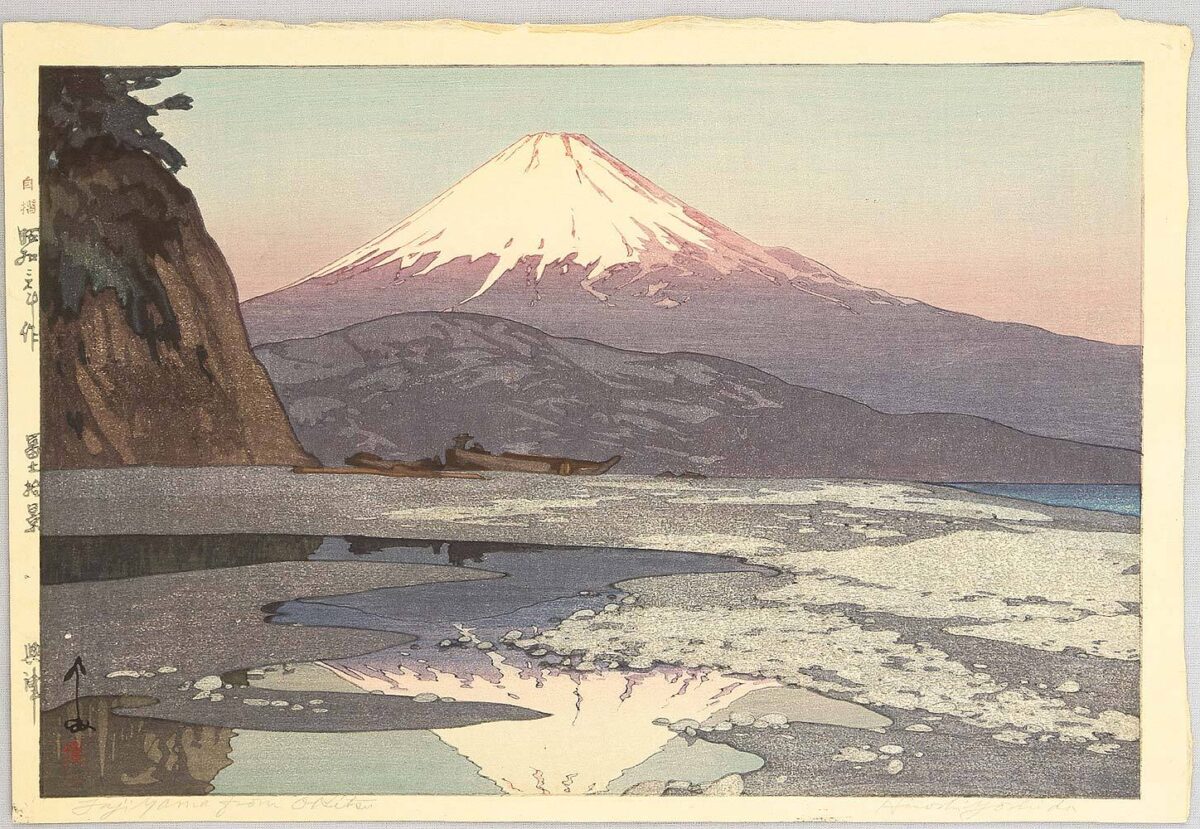
This was the same brain tickle I was getting from Moebius’ landscapes.
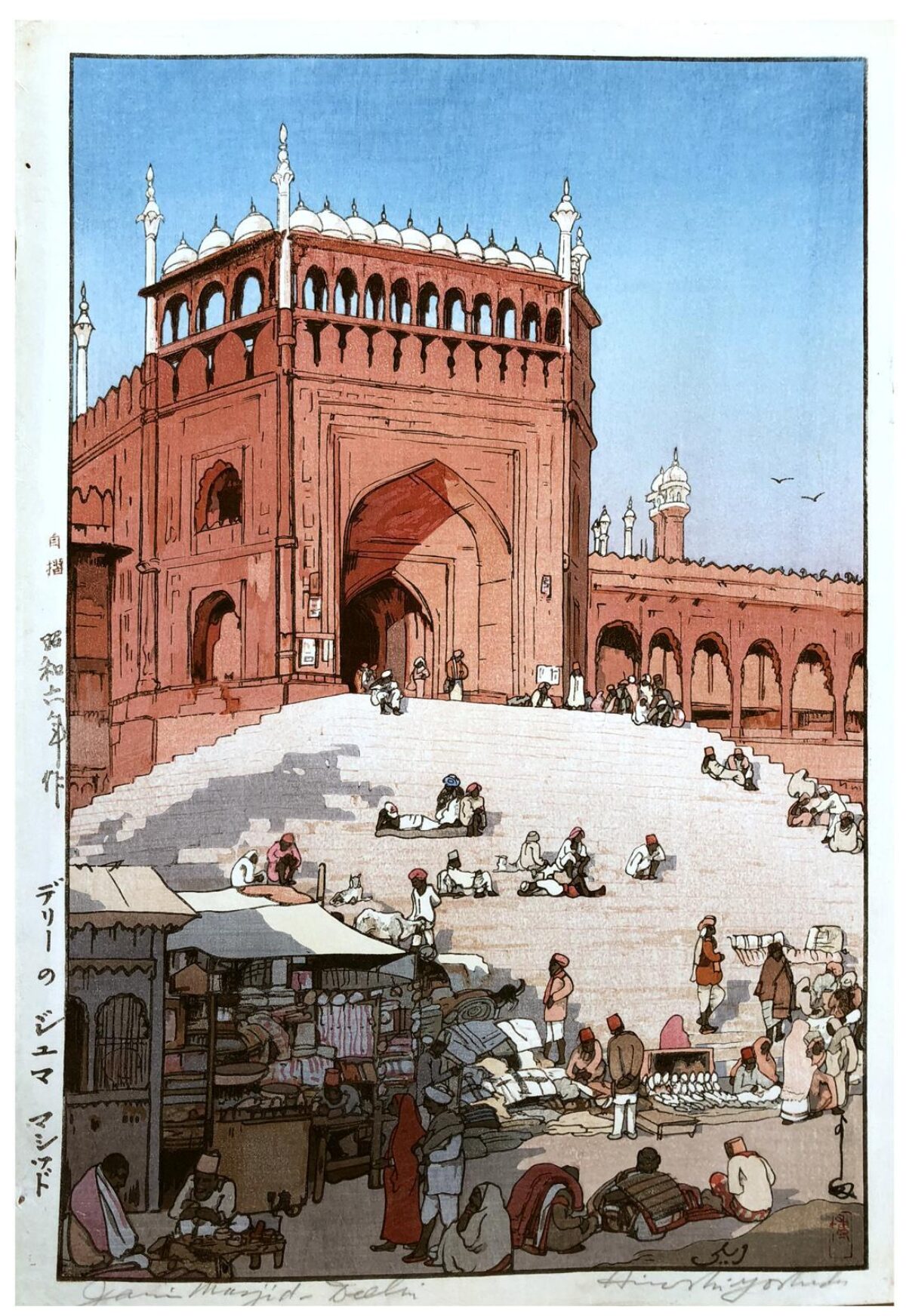
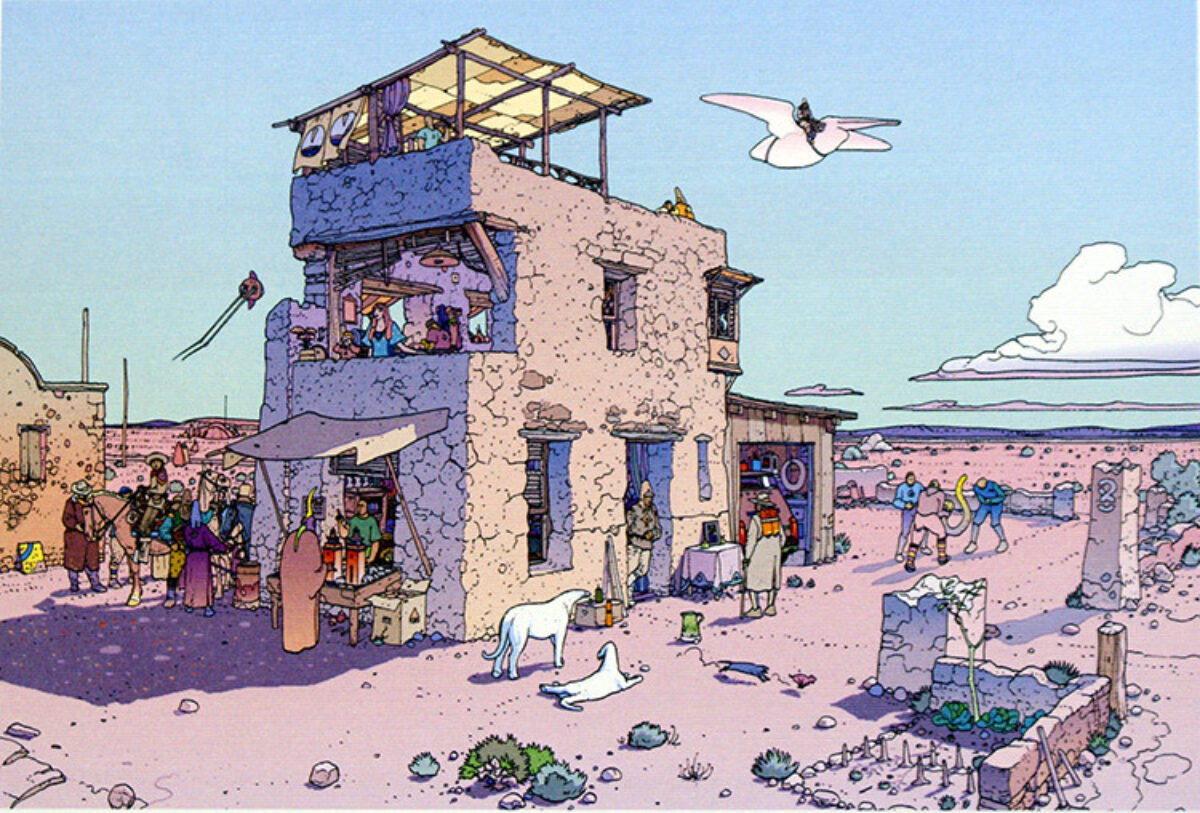
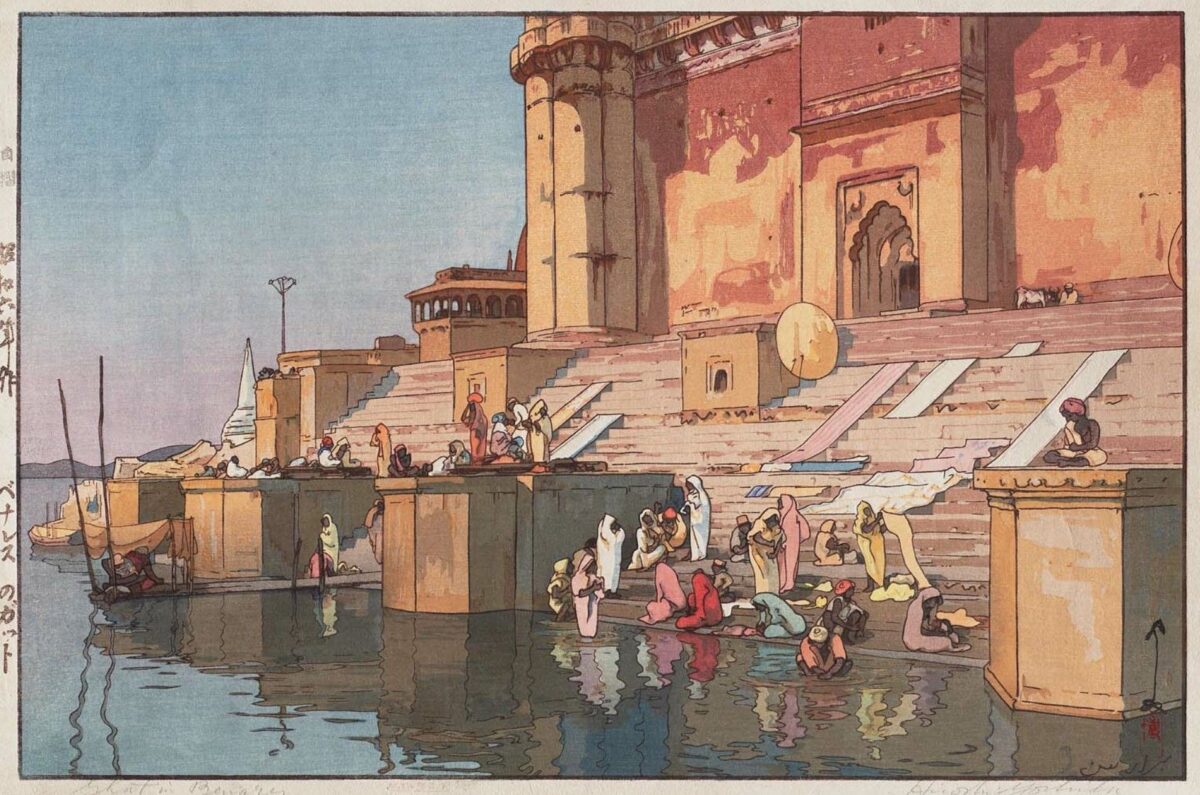
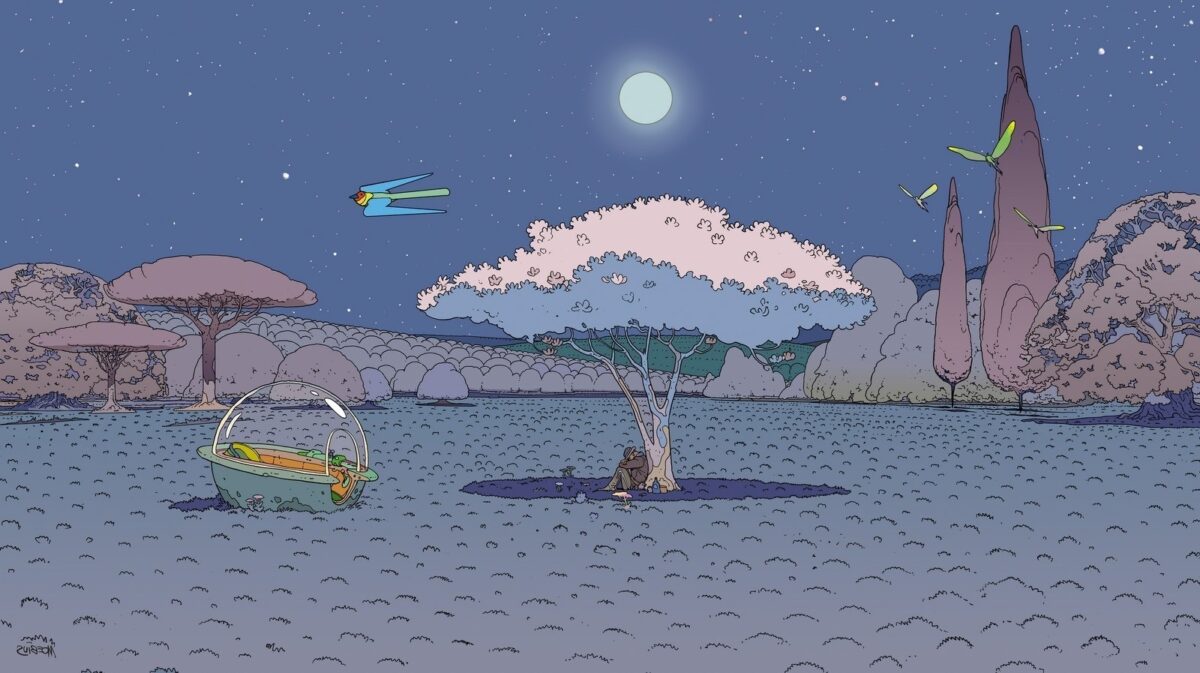
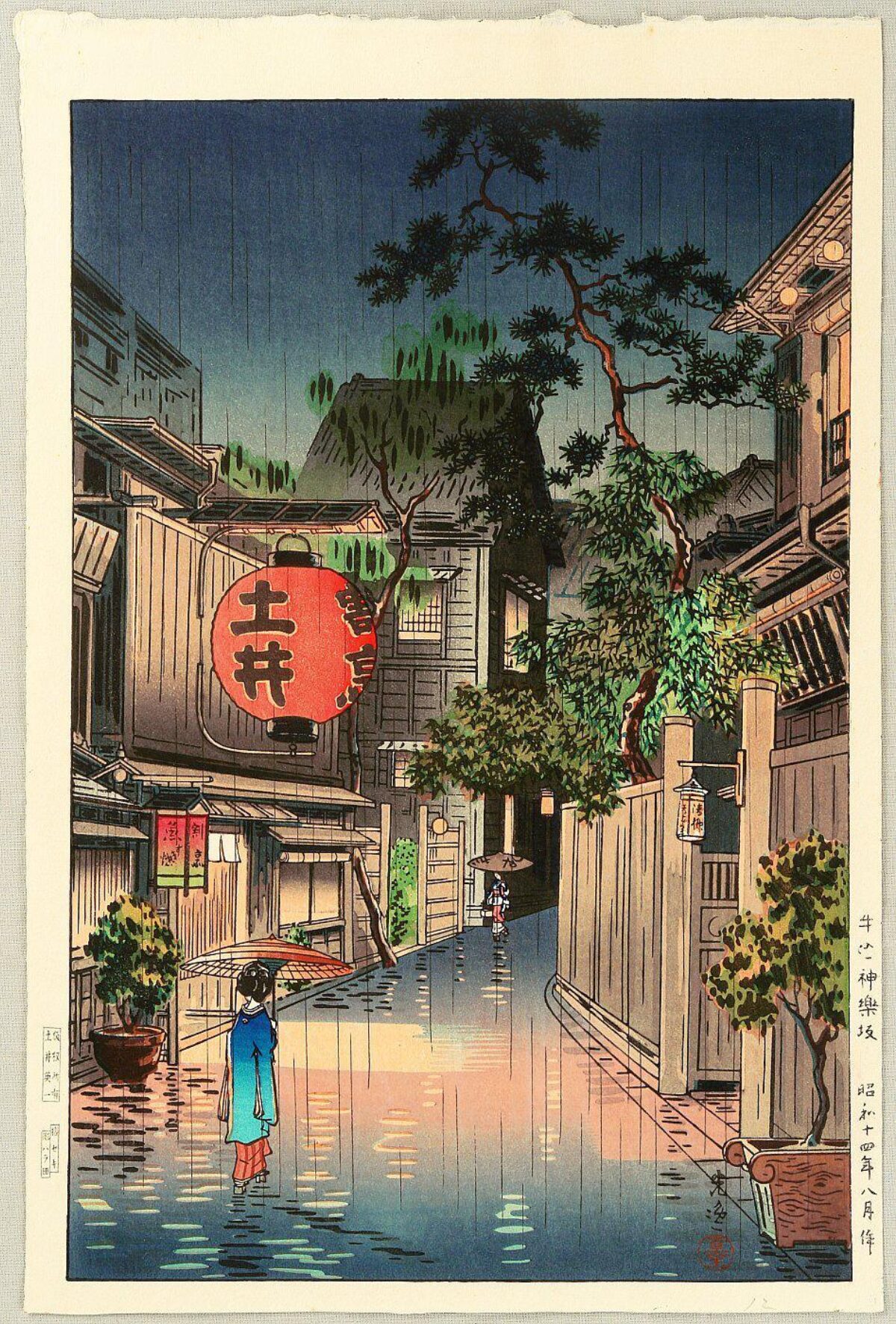
Moebius' work and the Japanese woodblock prints share the same calm detachment of an observer, not a participant.
Without geeking out looking into Moebius’ early days as an artist, I’m leaping to the conclusion that these Japanese prints were a strong influence on his work.
"Good artists copy, great artists steal." Pablo Picasso
Picasso's cubist portraits didn't just leap from from his head to the canvas fully formed one day.
He was heavily influenced by African carvings just as many of the rhythm patterns in western rock music are directly derived from various regional rhythms brought from Africa by the slave trade.
So art is sedimentary. Every piece of art has its foundations on the art that has gone before. There is no such thing as artistic originality.
The only originality comes from banging ideas together that have never been banged together before.
And I stole that line too.